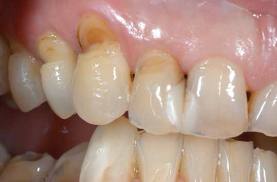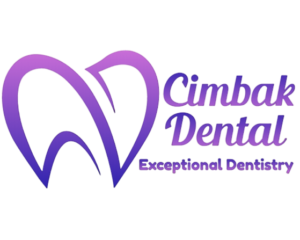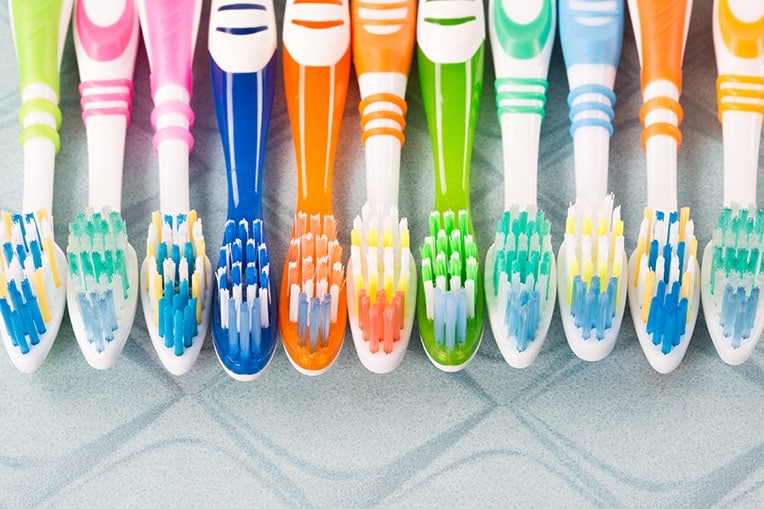Toothbrushes are an essential part of good oral hygiene. There are a wide range of toothbrushes on the market today, and this article examines the factors to consider when choosing a new toothbrush.
Which toothbrush is recommended most by dentists?
Even though soft, extra soft, medium, and hard bristled toothbrushes are readily available, dentists mostly recommend toothbrushes with soft or at times with extra soft bristles. A soft bristled toothbrush poses minimal threat to the oral tissues and at the same time serves the purpose of gentle and appropriate cleaning of the teeth.
Many dentists also recommend electric toothbrushes. The motor of an electric toothbrush allows finer tooth cleaning with minimal pressure and damage to teeth and other oral tissues.
How do hard bristles affect dental health?
Some individuals prefer using a hard bristled toothbrush primarily because of the belief that brushing with hard bristled toothbrush has a better cleansing action and plaque removal capability. However, various clinical studies have highlighted many potential adverse effects of using a hard-bristled toothbrush.
Tooth abrasion is one such adverse effect that leads to an irreversible loss of tooth structure. Studies indicate that using toothpaste with highly abrasive agents in combination with hard bristled toothbrushes accelerates the process of tooth loss. Other predisposing factors include the intensity and frequency of tooth brushing.

Frequency and intensity – Even though soft and extra soft bristles cause minimal damage to the oral tissues and teeth, it is important to note that a vigorous and hard brushing, even with a soft brush can have a devastating effect on teeth. Brushing with high intensity and frequency using any type of toothbrush can remove the outer layer of teeth and may predispose teeth to various conditions like caries.

